Filter by
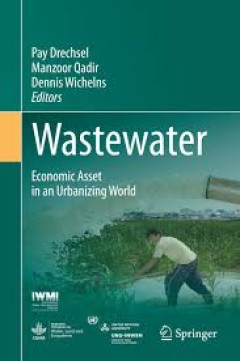
Wastewater Economic Asset in an Urbanizing World
The books provides a timely analysis in support of a paradigm shift in the field of wastewater management, from ‘treatment for disposal’ to ‘treatment for reuse’ by offering a variety of value propositions for water, nutrient and energy recovery which can support cost savings, cost recovery, and profits, in a sector that traditionally relies on public funding. The book provides new insi…
- Edition
- -
- ISBN/ISSN
- 978-94-017-9545-6
- Collation
- -
- Series Title
- -
- Call Number
- -
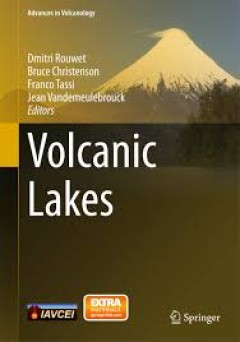
Volcanic Lakes
This book aims to give an overview on the present state of volcanic lake research, covering topics such as volcano monitoring, the chemistry, dynamics and degassing of acidic crater lakes, mass-energy-chemical-isotopic balance approaches, limnology and degassing of Nyos-type lakes, the impact on the human and natural environment, the eruption products and impact of crater lake breaching eruptio…
- Edition
- -
- ISBN/ISSN
- 978-3-642-36833-2
- Collation
- -
- Series Title
- -
- Call Number
- -
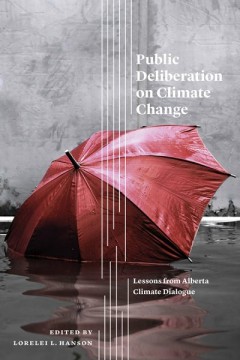
Public Deliberation on Climate Change Lessons from Alberta Climate Dialogue
Given the host of challenges climate governance presents and the global consequences of our response to them, the experience and knowledge shared by Hanson and the contributors to Public Deliberation on Climate Change provide an important framework for advancing public conversations and processes on this and other wicked problems. The lessons contained in the volume were gained as a result of a…
- Edition
- 3
- ISBN/ISSN
- 9781771992152.01
- Collation
- -
- Series Title
- -
- Call Number
- 6 x 9, 264 pages
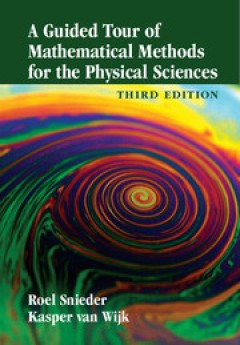
A Guided Tour of Mathematical Methods for the Physical Sciences
Mathematical methods are essential tools for all physical scientists. This book provides a comprehensive tour of the mathematical knowledge and techniques that are needed by students across the physical sciences. In contrast to more traditional textbooks, all the material is presented in the form of exercises. Within these exercises, basic mathematical theory and its applications in the physica…
- Edition
- 1st Edition
- ISBN/ISSN
- 9780511983962
- Collation
- 1
- Series Title
- -
- Call Number
- -
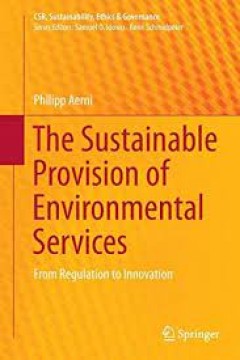
The Sustainable Provision of Environmental Services from Regulation to Inno…
This book addresses the ability of market-based instruments to improve the sustainable provision of environmental services. The author combines field research and insights from the multi-stakeholder dialogue at the FAO to analyze the gap between the predictions provided by theory and the corresponding outcomes in practice. In particular, the author challenges the theory behind Payments for Envi…
- Edition
- -
- ISBN/ISSN
- 978-3-319-19345-8
- Collation
- -
- Series Title
- -
- Call Number
- -

Veterinary Mycology
This book is a comprehensive overview of the fungi that are clinically relevant for animals and humans. It is divided in three major parts: the first part comprises the history of veterinary and medical mycology, general aspects of morphology, growth, nutrition, reproduction and classification of fungi. In the second part, the etiologic agents of cutaneous, subcutaneous and systemic mycoses are…
- Edition
- -
- ISBN/ISSN
- 978-81-322-2280-4
- Collation
- -
- Series Title
- -
- Call Number
- -
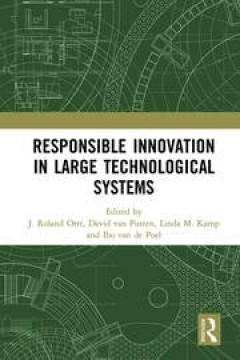
Responsible Innovation in Large Technological Systems
Large technological systems, such as seaports, nuclear power stations, wind farms and natural gas extraction, provide vital functions for society. And yet these large technological systems have an impact on different stakeholder groups in both positive and negative ways. This book defines responsible innovation and describes how both the innovation process and the resulting innovation outcom…
- Edition
- -
- ISBN/ISSN
- -
- Collation
- -
- Series Title
- -
- Call Number
- -
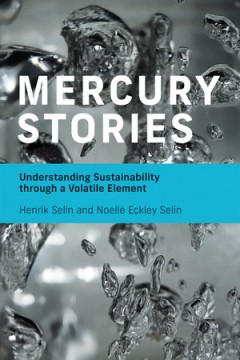
Mercury Stories: Understanding Sustainability through a Volatile Element
An interdisciplinary analysis of human interactions with mercury through history that sheds light on efforts to promote and achieve sustainability. In Mercury Stories, Henrik Selin and Noelle Eckley Selin examine sustainability through analyzing human interactions with mercury over thousands of years. They explore how people have made beneficial use of this volatile element, how they have be…
- Edition
- Ed. 1
- ISBN/ISSN
- 9780262359108
- Collation
- -
- Series Title
- -
- Call Number
- 577 SEL m
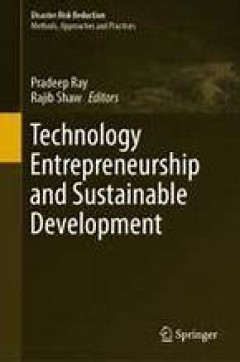
Technology Entrepreneurship and Sustainable Development
This book discusses the need for entrepreneurship for sustainable development from the perspective of Asia, the fastest growing region in the world. The world is now witnessing a spectacular rise of technology entrepreneurship, involving mobile phones, artificial intelligence, geospatial information systems and social media. On the other hand, governments all over the world, particularly those …
- Edition
- 1
- ISBN/ISSN
- 978-981-19-2053-0
- Collation
- Manajemen
- Series Title
- -
- Call Number
- 658
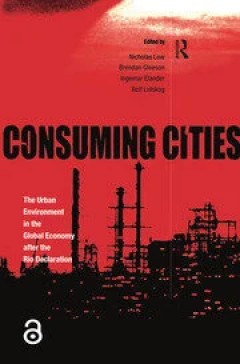
Consuming Cities
This book is about cities as engines of consumption of the world's environment, and the spread of policies to reduce their impact. It looks at these issues by examining the impact of the Rio Declaration and assesses the extent to which it has made a difference. Consuming Cities examines this impact using case studies from around the world including: the USA, Japan, Germany, the UK, China, Indi…
- Edition
- -
- ISBN/ISSN
- -
- Collation
- -
- Series Title
- -
- Call Number
- -
 Computer Science, Information & General Works
Computer Science, Information & General Works  Philosophy & Psychology
Philosophy & Psychology  Religion
Religion  Social Sciences
Social Sciences  Language
Language  Pure Science
Pure Science  Applied Sciences
Applied Sciences  Art & Recreation
Art & Recreation  Literature
Literature  History & Geography
History & Geography